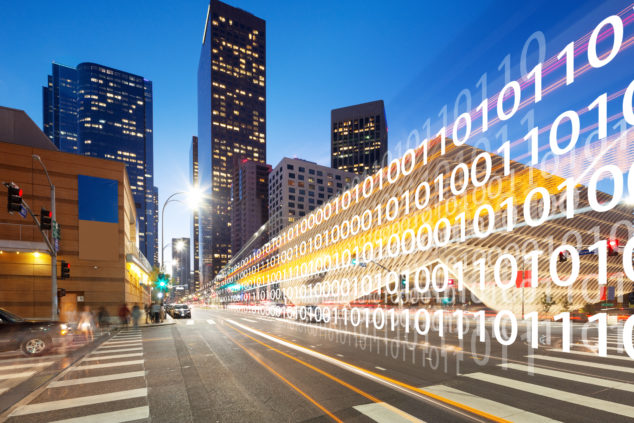ISLAMABAD: The world is living in the smart age: from telephone to work ethics and lifestyle, every aspect of life is going to be smart.
“This is the age when the world is turning to smart cities, that meet the future needs of its inhabitants,” says Professor Dr Shaker Mahmood Mayo from the City and Regional Planning Department of the University of Engineering and Technology (UET), Lahore.
He said that contrary to traditional cities, where most of the tasks are done manually, smart cities are automated and technologically superior. The world is slowly turning to smart cities, and Pakistan needs to take a leap towards the modern housing.
He informed that the smart cities concept was introduced in the late 20th century in which the city is equipped with sensors, metres, appliances, personal devices, and other similar sensors. Such cities integrate data into a computing platform that allows the communication of such information among the various city services for efficient delivery.
He further said that in recent decades, there has been a boom in real estate in Pakistan in which both investors and residents have shown an uptrend in the housing sector. However, most of the housing schemes have been following outdated town planning rules.
“At best they offer gated communities, commercial centres, wide and tree-lined roads, upscale shopping malls, and utilities like water, power and gas. Their streets are manned by fierce-looking armed guards. These services also come at a heavy price; the more upscale services the town offers, the more charges inhabitants are to pay. The round the clock power supply and uninterrupted utility supplies often add a heavy burden on the residents’ pocket as line losses and other losses due to leakages and delayed fixing are all passed on to the residents,” Mahmood Mayo commented.
Muhammad Adil, a housing technology consultant, currently executing Pakistan’s first ever smart city – Graceland Housing – near the new Islamabad airport, said that the cure to such leakages lies in sensors and detectors, which detect such leakages in seconds and pinpoint the exact location of the problem. Once the problem is detected, it is up to the relevant people to quickly and efficiently fix it, he added.
“It is not only the utility services that can be safeguarded through technology, but house security, traffic and transportation management, health management, power plants, water supply networks, waste management, law enforcement, information systems, schools, libraries, hospitals, and other community services can also be considerably improved. The whole eco-system is connected through the telecom technology and one can oversee these services just through their smartphone,”Adil further commented.
The serial entrepreneur, mentor, co-author of “New Success Secrets” and the founder of Global Social Entrepreneurship Foundation, Muhammad Siddique said that a smart city is the most modern living trend.
As an overseas Pakistani living in Atlanta, United States (USA), he has invested in Graceland Housing basing his investment decision on the housing society being a smart city.
He had several reasons to justify his plans: “My house in the locality will be safe for I can watch my house while living in the USA. I can respond to doorbell from here; I can allow a certain technician (who has sensor tagging) to go to my house and fix a fan in the kitchen. Once the technician tries to go to some areas other than the kitchen, the sensors will alarm me and the community security. Similarly, every vehicle of the residents is sensor tagged. Those without tags can be stopped at the very first barrier. These barriers and home doors are automated. In all, I’ll be at peace that my house is safe, and everything within the locality is being closely watched.”
Does the close surveillance breach privacy?
“Absolutely No,” says Graceland Housing Director Shahzad Zafar. “It is not CCTV surveillance; only automated sensor tagging works for such services,” he said.
“Today Graceland Housing is taking a great step by establishing the first ever smart city located on main Fateh Jang road nearby New Islamabad International Airport,” he commented and added that, “Such towns should be established in every part of Pakistan as people deserve a smart living.”
When the world is turning fast to such urban areas that use different electronic data collection sensors to supply information which is used to manage assets and resources efficiently, Pakistan’s public urban town regulators are yet to accept these changes.
The spokesperson for the Lahore Development Authority (LDA) Sohail Janjua said that the authority has nothing to do with the smart city idea as “the LDA only follows government regulations”. Capital Development Authority Media Director Muhammad Saleem also said that the authority is currently not working on any smart city-related project.
Professor Dr Shakir Mahmood, however, said that the public sector needs to realise that it is the age of information and Internet of Things (IOT) based city infrastructure will soon become the talk of the town.
“The cost (of living) will certainly go down and the level of service usage will greatly increase by using sensor and detector technologies,” he concluded.




